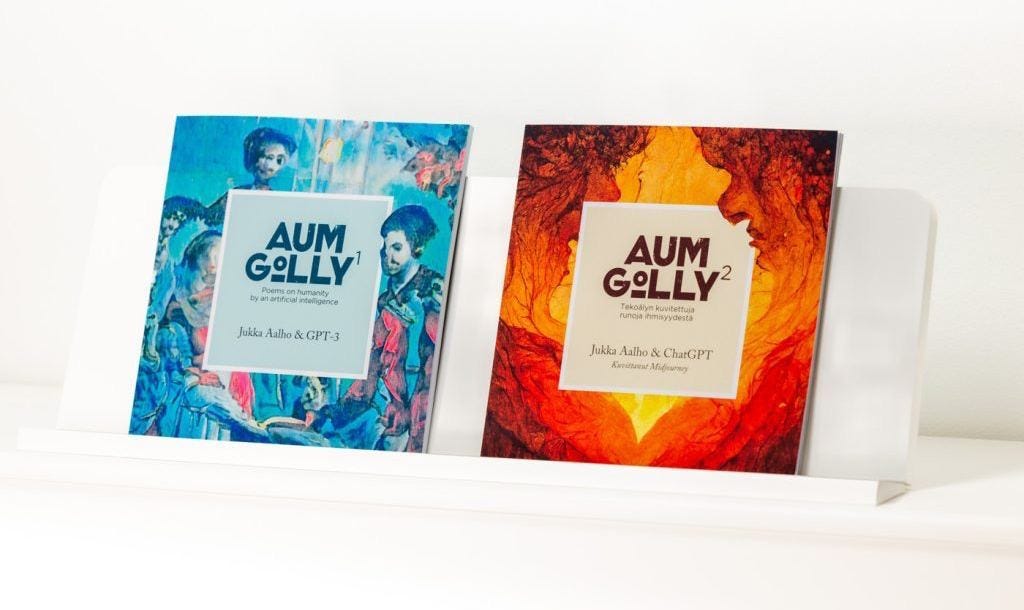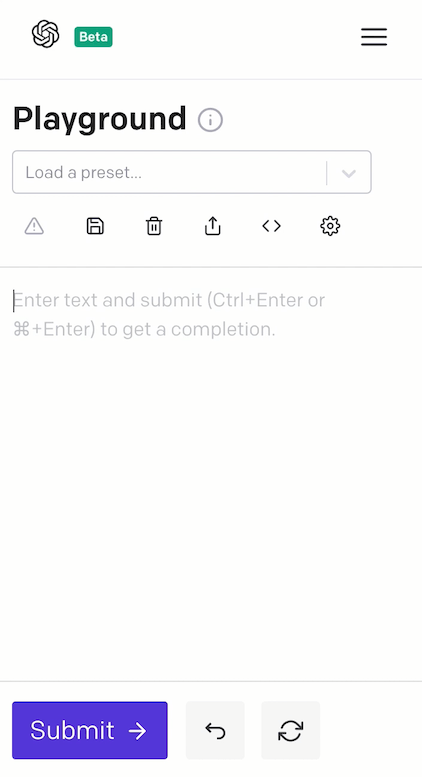Write With AI: Guide to Craft Bestsellers with AI Tools
Beat Writer's Block, Bad Dialogs, and Deadlines With AI
👋 Hey, I’m Stepan and welcome to a ✨ subscriber-only edition ✨ of Creators’ AI. By subscribing, you directly support Creators' AI's mission to deliver top AI insights & practical knowledge without ads or clutter. Your subscription allows us to grow our dedicated team and curate the most important AI Tools, Stories, and Tutorials in one place. - Stepan
Why Writing With AI?
How do you write a good book using AI? If you ask this question publicly, you risk raising a big ruckus from skeptics. Many people will say this approach is destructive and that algorithms have no right to interfere with human creativity. I strongly disagree with this.
And today, I will try to prove it. We'll discuss how talented writers outsource their work to AI, look at three cases of successful authors, and discuss a few AI Tools that will shorten your path to creating a really good piece of art.
In this episode:
The writer who outsourced 95% of his work to AI
ChatGPT wins writer's block lasting 20 years
How authors write poetry collections in less than 12 hours
The most valuable AI tools for aspiring writers
By the way, if you want to know how creators earn $1M+ by using AI to write books, we have a newsletter with a step-by-step tutorial for you:
🔗 Are you already subscribed and want to ensure you don’t miss our newsletters? Move our newsletter from “Promotions” to “Primary” in your inbox! (video instructions below)
Is Writing With AI Worth It?
The short answer is yes. From small to large, even experienced writers, journalists, and entrepreneurs use AI to simplify their work, find inspiration, or reach their target audience. Let's take a look at a few stories of how very different creators have used AI to improve their writing.
An AI That Took Over 95 Percent of The Work
Our first case study is the story of Stephen Marche, a Canadian writer and journalist. You may have heard his name if you follow contemporary publicists and novelists. Marche has authored several well-known political books, including The Last Election and The Next Civil War, and is now a contributing editor at Esquire. His columns are also in The New York Times, The Atlantic, and other global media.
However, not everyone knows Marche is a tech enthusiast and one of the world's first writers using AI to write novels. One of them, "Death of an Author," was written under the pseudonym Aidan Marchine.
Yes, if you're a true cryptographer, you'll quickly realize that this name encrypts the involvement of artificial intelligence.
"Death of an Author" was published on May 9, 2023, less than a year ago. The novel has been honored with mentions in The New York Times, Wired, and many others. According to reviewers, it is one of the best works written with AI.
How did Marche achieve this?
He used three programs to work on the book: ChatGPT, Sudowrite, and Cohere. Marche ran an outline of the plot through the chatbot, along with numerous prompts and notes. AI was good at many things, especially dialogue, but according to the author, its plots were terrible. Then, he used Sudowrite, asking the program to improve sentences and adopt a more conversational tone.
And finally, he used Cohere to write "the best lines in the book". The writer trained the neural network on examples of real writers and then asked it to generate beautiful descriptions. After going through several variants, he found the ones that fit best. As a result, the book was 95 percent generated by AI!
I am the creator of this work, 100 percent, but, on the other hand, I didn’t create the words
In the afterword of his book, Marche said that writers will soon use AI in the way hip-hop producers work with samples. He believes those with the best taste and the most knowledge will do the best things, and some will even be brilliant.
ChatGPT vs. Writer's Block
Our next writer using AI is Vauhini Vara. Like Stephen Marche, she is a well-known journalist and writer. You can find her articles in The Atlantic, The New Yorker, and The New York Times, and her debut book, The Immortal King Rao, was a finalist for last year's Pulitzer Prize for Fiction. So yes, she also understands a thing or two about writing, though her history of working with AI is much more emotional.
Vara worked as a journalist for many years and had all the skills she needed to create stories. However, she couldn't find the words for one topic. When Vara was in college 20 years ago, her sister died. One evening, she decided to use the GPT-3 (the most current model at the time) to overcome her block and speak out on the topic.
After several failed attempts, the chatbot adapted to the situation and found common ground with the writer. On the fourth or fifth attempt, the AI began to describe the grief in language that seemed more truthful, and with each subsequent attempt, it came closer to defining what Vara was going through.
Eventually, in the summer of 2021, this dialog evolved into an essay called Ghosts. When Vara published it in The Believer, the publication quickly went viral on the internet. People heard the author. The essay was adapted for This American Life magazine and became part of the Best American Essays anthology.
As Vara later recounted, artificial intelligence had succeeded in moving her with a sentence about the most important experience of her life.
In summary of her work with AI, Vara said that GPT-3 was an important part of her journey. She also noted that she fears a future in which authors become dependent on algorithms and art will, perhaps partially, lose its value to humanity.
If you're unfamiliar with Vara's essay, I recommend reading it. It's a heavy and personal but important story about how AI already impacts our lives. Plus, it explains how chatbots can defeat even the toughest writer's block.
Keep your mailbox updated with practical knowledge & key news from the AI industry!
Writing Bestsellers In Less Than 12 Hours
To digress from the last case study, I suggest discussing something more enjoyable. For example, some authors are speeding up their poetry writing with AI. Our next case study is Finnish writer, entrepreneur, marketer, and TEDSpeaker Jukka Aalho.
Aalho has a complex background that combines creativity as a writer with the technical skills of an entrepreneur and startup founder. To avoid lingering on introducing the author, let's focus on his work with artificial intelligence. So, Aalho is known for his two-book series, Aum Golly.
The series consists of two collections of poems released in 2021 and 2023. Their main feature is that the author took less than 24 hours to write each one! Both books were warmly received by critics, sold well on Amazon, and Aum Golly was number 52/100 on the Most Popular Fiction on Adlibris (the biggest Nordic online bookstore).
In the case of Aum Golly 2, it took the writer less than 12 hours to complete.
But how did he do it?
In January 2021, Aalho realized that the deadline he had set for himself to write a collection of poems was ending. The writer had only 24 hours left, while he had written only 5 of the planned 60 poems. To finish the job, he ran GPT-3 and asked it to write poems based on short text prompts.
The model accepted the user's request and produced the desired result. After one day, Aalho entered new prompts and edited the punctuation and some lines, and the book was ready for publication. GPT-3 developed themes, titles, and content for 55 poems.
The book quickly appeared on the shelves of Finnish stores, and then an electronic version, translated from Finnish to English, was made available on Amazon.
The story in the second book, Aum Golly 2, was about the same. Two years later, the writer repeated his experiment, making the task more difficult. He decided to make a collection of poems with illustrations generated by Midjourney. With the necessary skills, the writer created 29 poems and 23 illustrations in less than 12 hours.
Want to generate images using AI Tools as a pro? This newsletter is for you:
In total, Jukka Aalho spent about $54.1 (AI Tools subscription) and about 36 hours of work to become a world-renowned poet. That's impressive.
In one of his posts, Aalho summarized his work with GPT and wrote that AI will help new kinds of literature emerge. He said it would open up the field for new entrants and might even level the playing field.
Creators’ AI could be a valuable gift for your friend, colleague, or family member. Gifting books is bright, but giving an AI newsletter is a superb move 😎












